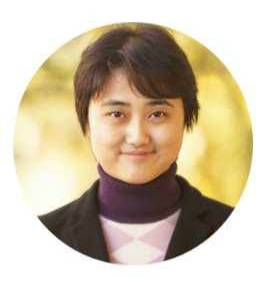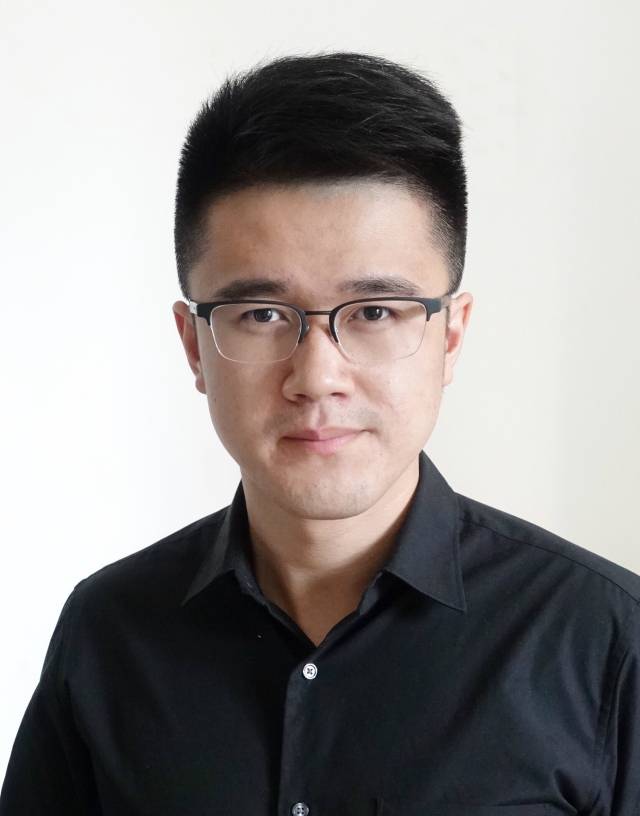2017“外研社杯”全国英语演讲大赛决赛舞台上首次出现了外国面孔,10位外籍选手经过网络赛场晋级全国决赛。其中,帅气的印度小哥哥Shashvat Joshi表现尤为优异,一路过关斩将,走上总决赛的舞台,最终夺得季军。
中外选手交锋迸发出怎样的火花?歪果仁眼中的中国大学和人类命运共同体又是怎样的呢?今天随着Shashvat来一探究竟吧!
2017“外研社杯”全国英语演讲大赛季军

Shashvat Joshi(印度)复旦大学(指导老师:万江波老师)
先来回顾下2017“外研社杯”全国英语演讲大赛总决赛赛题
点击链接查看:https://v.qq.com/iframe/preview.html?vid=t1329zga4ok&width=500&height=375&auto=0
选手破题思路
我是这样准备演讲的:
When I first read the topic, I sat down and started breaking down the main theme "Community of shared destiny for mankind" word by word in my mind. I tried to understand what the words "community", "shared destiny" and "mankind" meant to me. Hence, I started my opening statement by explaining the same words. From there on, I went on explaining the contributions and efforts of my university in achieving the "shared destiny". With help from my coach Ms. Wan Jiangbo, I came up with "open education" as the main theme and tried to emphasize the concept throughout my speech with examples like Internet-plus education and internationalization. In the context of Fudan, I mentioned some specific programs like the MOOC platform and specialized courses for international students, which I found on the university website and used to bolster my case. Finally, towards the end, I wanted to re-enunciate and emphasize once again my main theme, i.e., open education, so I used words like "wall-less campuses" and named various organizations of which Fudan is a part, to highlight its openness. It took me more than five hours to write my opening statement.
Given the limited time and numerous rounds to prepare for, in my final round I went for an unconventional approach towards delivering my speech. Rather than memorizing the statement, justification and summary, I made bullet points and tried to improvise on stage. For the challenging round, I was more focused on conveying the idea of "cultivating talents" as the essential outcome of the in-place open education system.
Frankly, the hardest part for me was the topic itself, which was pretty abstract. But with help from Professor Wan, I was able to come up with a central idea and tried my best to reinforce it throughout my speech. All in all, my experience of the final round was incredible. Listening to all the speakers and their ideas was truly inspiring. It was indeed a fair and well fought battle.
选手视频CUT
点击视频链接:https://v.qq.com/x/page/d05181ywj49.html
感谢Shashvat同学让我们了解到歪果仁对中国大学和人类命运共同体的理解!下面一起来看南京师范大学金陵女子学院杨玲老师和本次总决赛主持人周容宇同学对他的精彩点评吧!
嘉宾点评

杨玲老师
南京师范大学金陵女子学院讲师,威斯康星大学麦迪逊分校博士。长期从事英语演讲及辩论教学 。2002年至2010年多次指导学生在“外研社杯”、“21世纪杯”英语演讲比赛及英语辩论赛中获得优异成绩。2012-2014年连续参加全美传播学大会(National Communication Association Conference)并获优秀论文奖。
好的演讲能够时刻吸引观众的注意力,要做到这一点并非易事,在演讲比赛中想实现这个目标就更难了。紧张,准备时间短,这些都会让选手忘了公共演讲的最基本原则之一——being audience-centered。但是Shashvat同学在比赛第四阶段的演讲比较好地做到了这一点。
他很好地运用问题来构架自己的演讲。一开始就问观众“What do you mean by the word community” ,在解释完复旦大学的培养目标之后,又问“How do we do it” 。虽然只是两个简单的问题,但是这样的effective signpost对于演讲这种线性信息输入来说是非常重要的结构辅助。观众会因为演讲者不断提出的问题而保持关注和思考的状态。
除了结构,Shashvat同学的演讲里也有非常具体的例子,详细新鲜的例子是观众最需要的。那些具体的例子带来准确的信息,使得演讲不再是空洞的口号,而是观点的交流。这种具体而真实的交流比起华丽辞藻和充满形容词的煽情更能满足观众的需要。
结尾处,Shashvat同学又说到“In this modern era, when people are building walls, we are moving to a wall-less campus”。虽然只是简单的修辞技巧,但契合他之前所介绍的复旦的国际化和网络化理念,同时又给了观众一个兼具形象和节奏感的catching phrase。到演讲的结尾处,观众需要这样一个总结来帮助他/她们记住这个演讲最核心的message。
所有这些都是公共演讲的课堂上一再强调的要点,但是到了赛场这样一个模拟的演讲场合,选手们往往把比赛当作展现英语技巧的舞台,而忘了要来和观众做一次真诚的交流。所以,尽管Shashvat同学语言还可以再精炼一些,对某些关键词的解释可以再详细一些,流利度也可以再提升一些,但瑕不掩瑜,他的演讲时刻以观众为中心,在比赛中还是难能可贵的。

周容宇
北京大学国际法学院硕士研究生。2011“外研社杯”全国英语演讲大赛一等奖获得者,连续六年任“外研社杯”全国英语演讲大赛决赛主持人,被广大群众评为最帅“外研社杯”决赛主持人。
值得注意的是,Shashvat在演讲的前半部分,用了较大的篇幅来加深他的话题,这样的结构安排是很划算的。本阶段赛题为谈一下你的学校可以为人类命运共同体做些什么。这样的话题本身比较宽,所以演讲效果如何,很大程度上取决于演讲者找到了一个什么样的切入点。Shashvat演讲的开头,通过抓住“community”这样一个切入点,进一步点出其中的“diversity”,最终将话题延伸至如何为这些看起来不同的小社会找到共同的未来。在他一步步将话题引导深化至此后,后面的演讲就有了一个很精彩深刻的基础,不论怎么发挥,整体演讲的效果都不会差。
在演讲表现上,Shashvat全程很好地把控了自己说话的节奏。可以看得出,演讲和问答从始至终一直保持在一个节奏上,而没有因为环境的影响、时间的限制、提问评委的话风而变得局促或迟缓。这样统一的节奏会使得演讲者看起来格外有风度。这样的控制力很值得我们学习。
